SalusCare - Transitional Living Center (TLC)

Overview
SalusCare - Transitional Living Center (TLC) is a substance abuse treatment center for people seeking treatment near Lee County. As part of their treatment modalities for recovery, SalusCare - Transitional Living Center (TLC) provides cognitive behavioral therapy, telemedicine/telehealth therapy, and substance use disorder counseling during treatment. SalusCare - Transitional Living Center (TLC) is located in Fort Myers, Florida, accepting cash or self-payment for treatment.
SalusCare - Transitional Living Center (TLC) at a Glance
Payment Options
- Cash or self-payment
- Medicaid
- State-financed health insurance plan other than Medicaid
- Private health insurance
- Federal military insurance (e.g., TRICARE)
Assessments
- Screening for tobacco use
- Comprehensive mental health assessment
- Comprehensive substance use assessment
- Interim services for clients
- Outreach to persons in the community
Age Groups
- Young adults
- Adults
Ancillary Services
- Case management service
- Acupuncture
- Domestic violence services, including family or partner
- Early intervention for HIV
- Mental health services
Highlights About SalusCare - Transitional Living Center (TLC)
7.33/10
With an overall rating of 7.33/10, this facility has following balanced range of services. Alcohol Rehabilitation: 8.00/10, Drug Rehab and Detox: 7.85/10, Insurance and Payments: 6.00/10, Treatment Options: 7.46/10.-
Alcohol Rehabilitation 8.00
-
Drug Rehab and Detox 7.85
-
Treatment Options 7.46
-
Insurance and Payments 6.00
Accreditations
State mental health department:
State mental health department accreditation refers to the process of evaluating and certifying the quality and standards of a state's mental health department, ensuring that it provides high-quality services and meets specific criteria for mental health care. The accreditation process is performed by a third-party organization and helps to improve the overall care and treatment of individuals with mental health conditions.
State department of health:

Government agencies issue State Licenses, which grant rehabilitation organizations permission to conduct their operations lawfully within specific geographic regions. Licenses needed to operate are typically determined by the type of rehabilitation program offered by the facility and its physical location.
Commission on Accreditation of Rehabilitation Facilities (CARF):

CARF accreditation is a globally recognized certification for rehabilitation and human service organizations. It signifies that an organization meets high-quality standards and is committed to providing top-level care. Achieving CARF accreditation involves a rigorous evaluation process, including on-site surveys. This accreditation enhances an organization's reputation, instills trust in clients and funders, and encourages ongoing excellence in the field.
Treatment At SalusCare - Transitional Living Center (TLC)
Treatment Conditions
- Alcoholism
- Mental health treatment
- Substance use treatment
- Co-occurring Disorders
Care Levels
- Hospital inpatient treatment
- Outpatient
- Short-term residential
- Long-term residential
- Outpatient methadone/buprenorphine or naltrexone treatment
Treatment Modalities
- Cognitive behavioral therapy
- Telemedicine/telehealth therapy
- Substance use disorder counseling
- Smoking/vaping/tobacco cessation counseling
- Group counseling
Ancillary Services
Languages
- Sign language services for the deaf and hard of hearing
- Spanish
Additional Services
- Pharmacotherapies administered during treatment
- Mentoring/peer support
- Breathalyzer or blood alcohol testing
Special Programs
- Clients with co-occurring mental and substance use disorders
- Clients who have experienced trauma
- Clients who have experienced sexual abuse
- Clients who have experienced intimate partner violence, domestic violence
Get Help Now
Common Questions About SalusCare - Transitional Living Center (TLC)
Contact Information
Other Facilities in Fort Myers

7.93

6.97
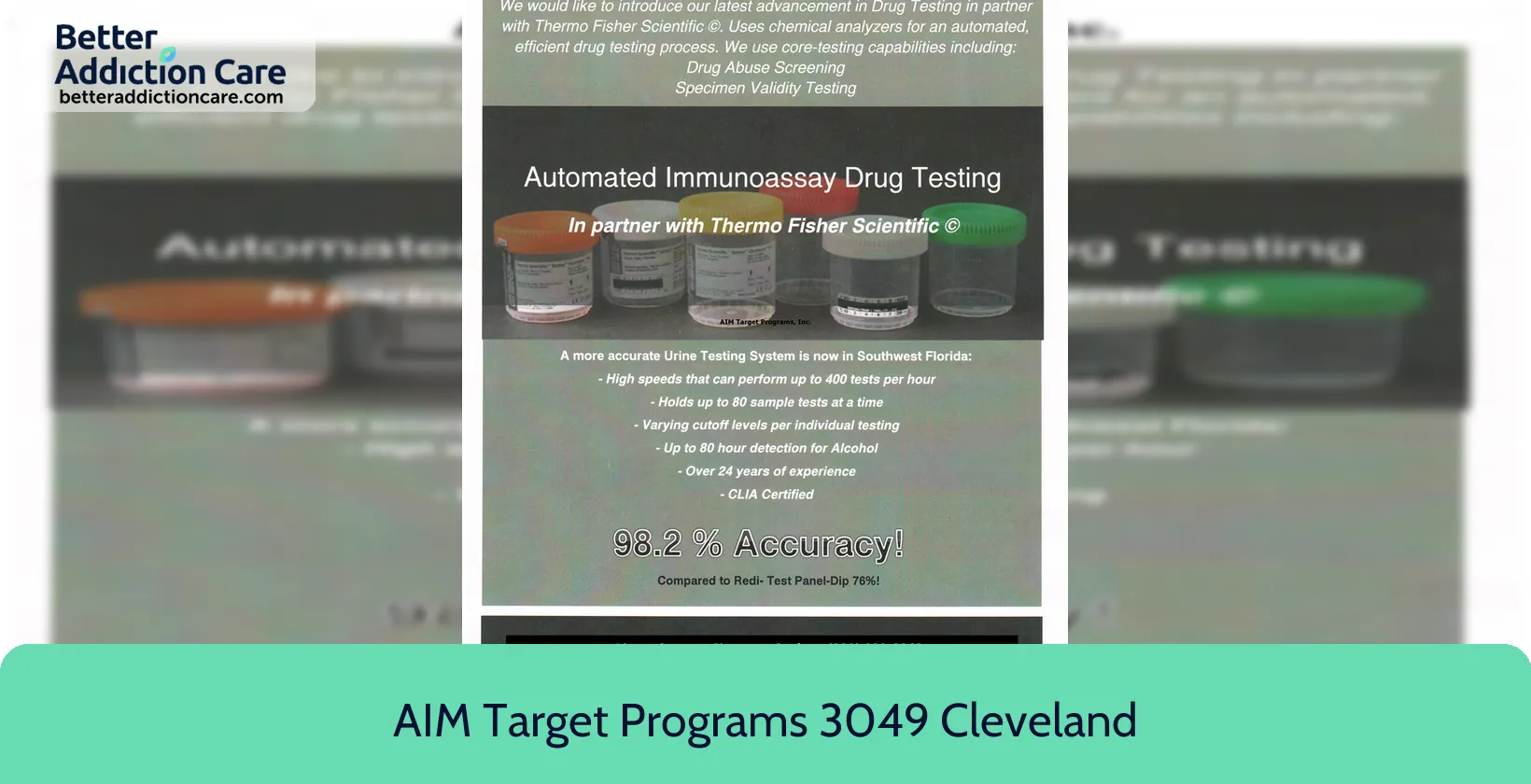
6.83
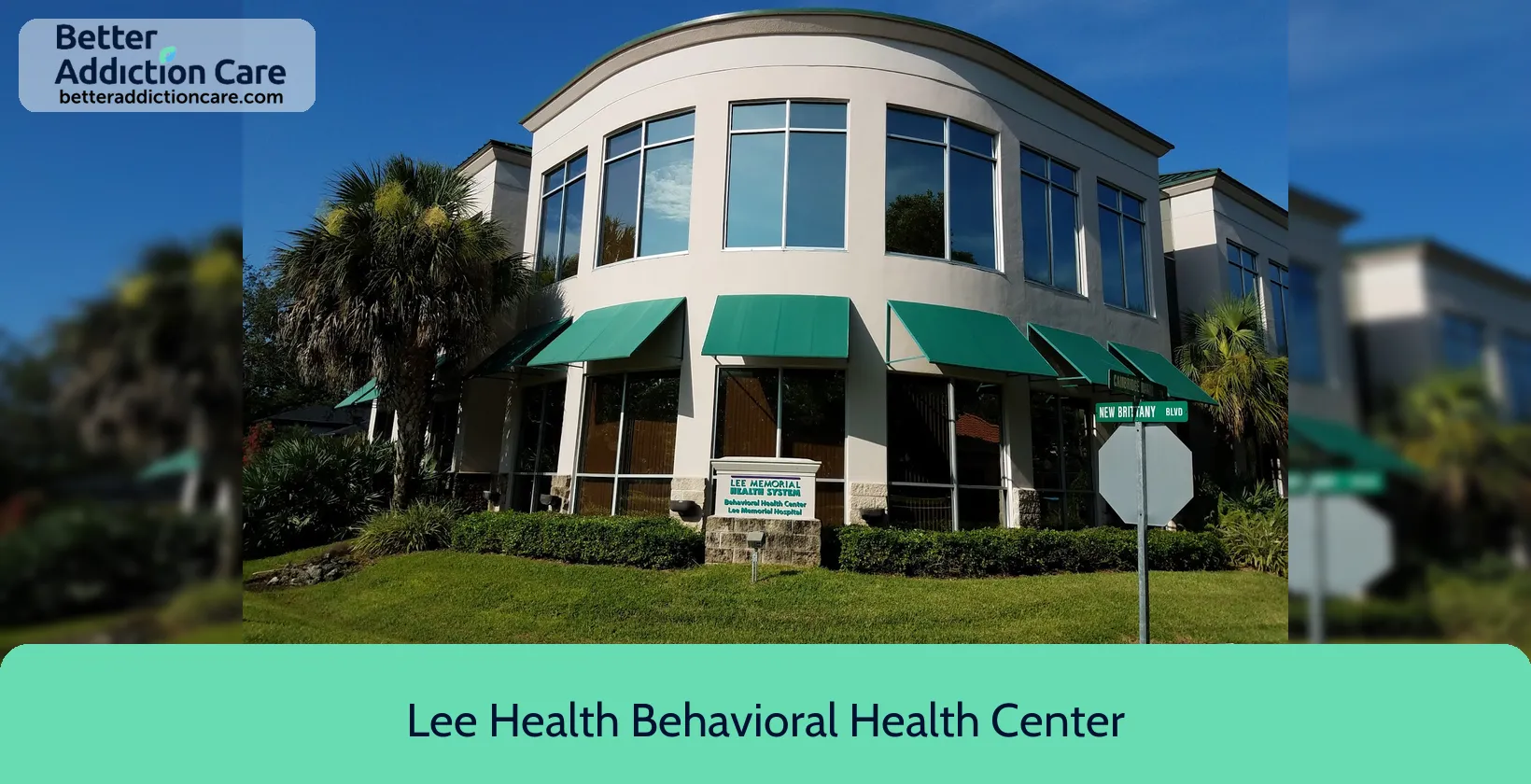
6.65
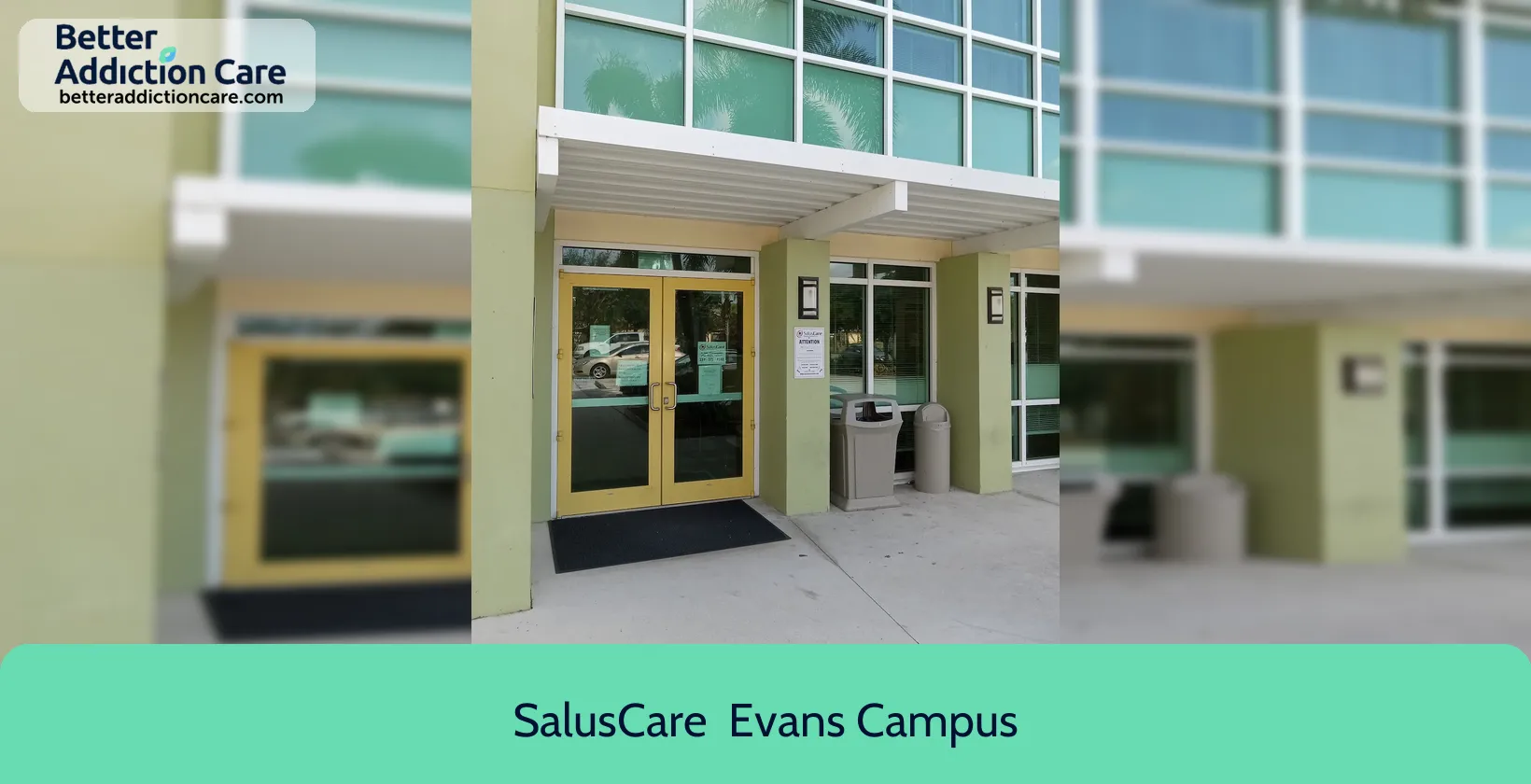
7.05
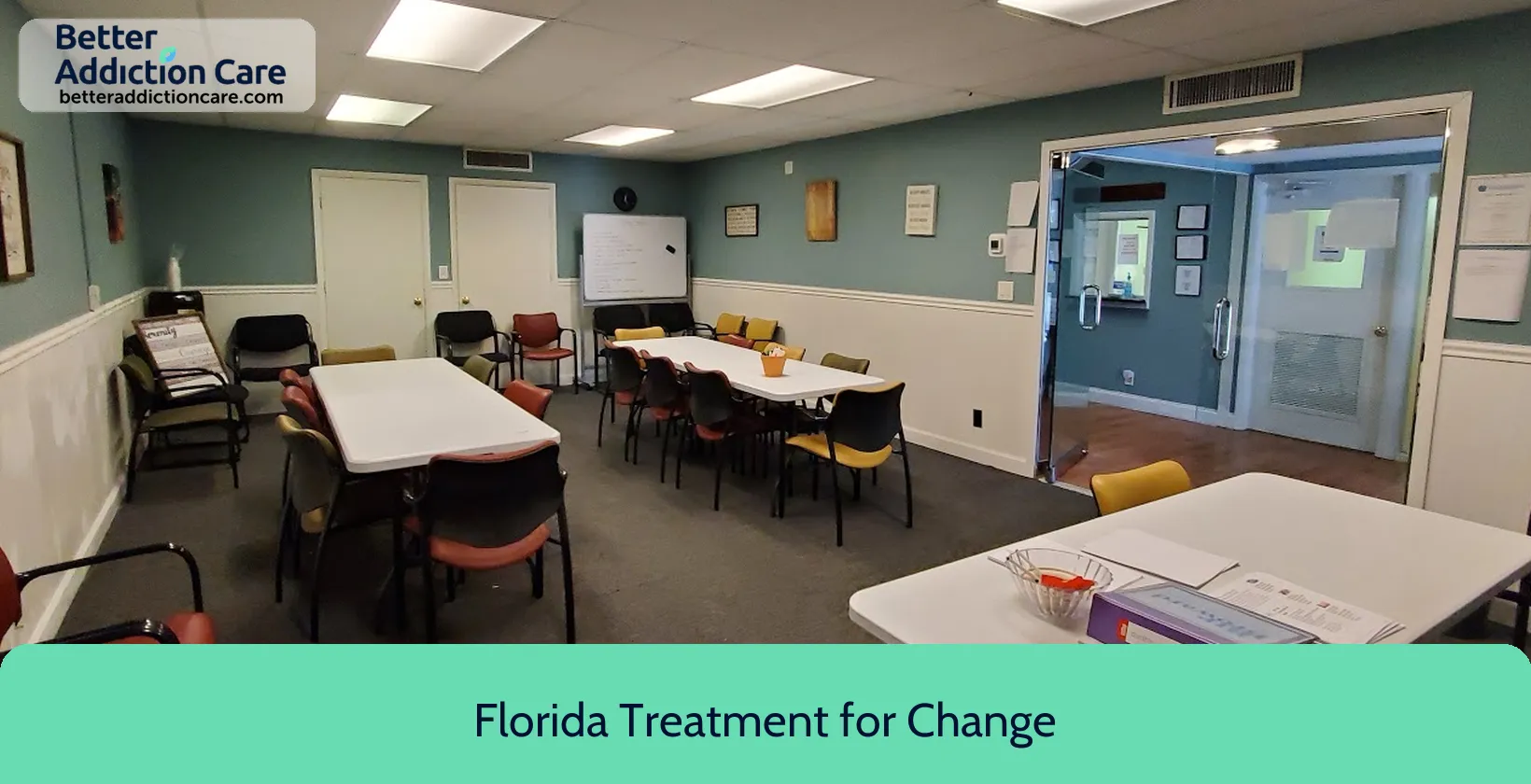
6.89
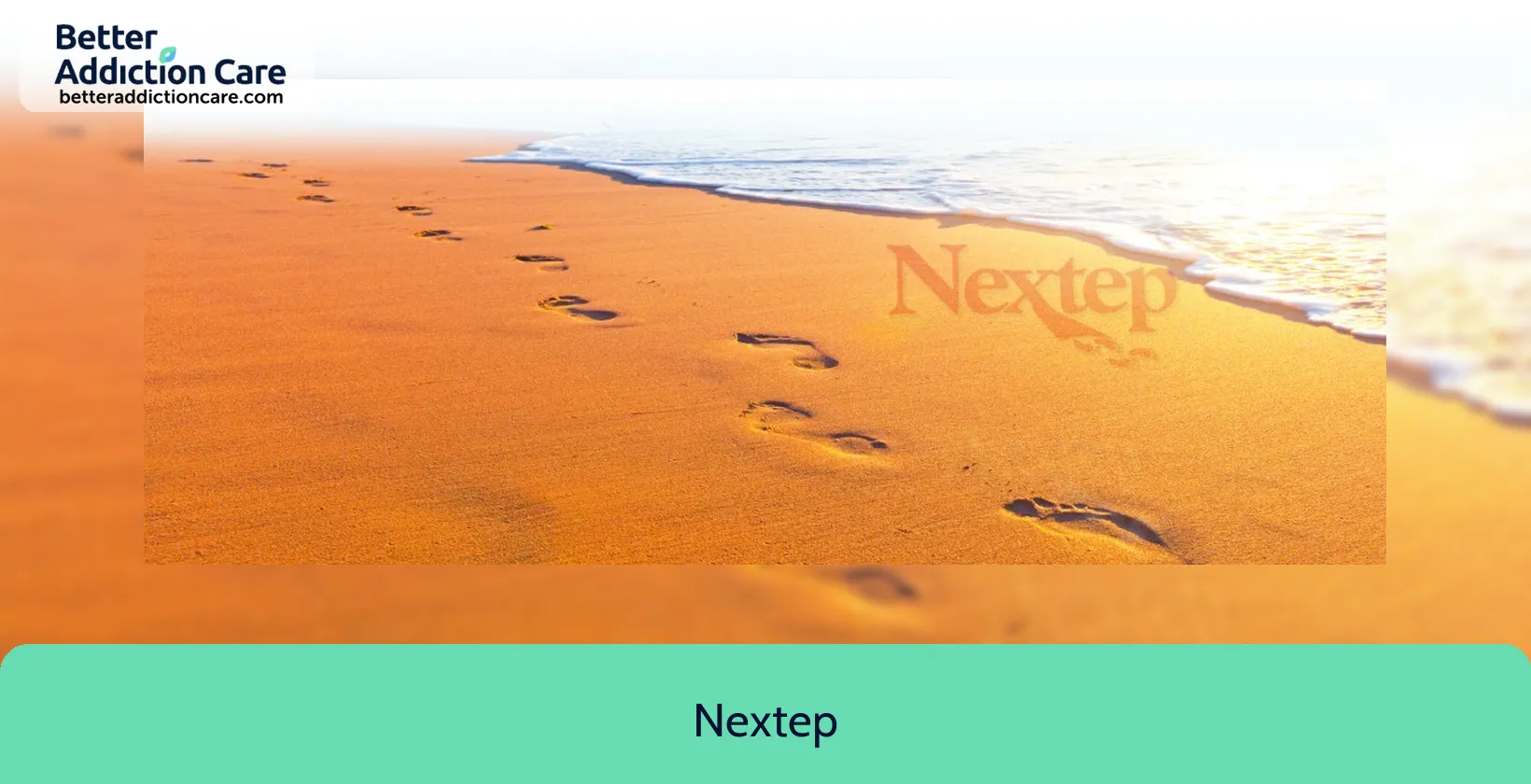
7.16
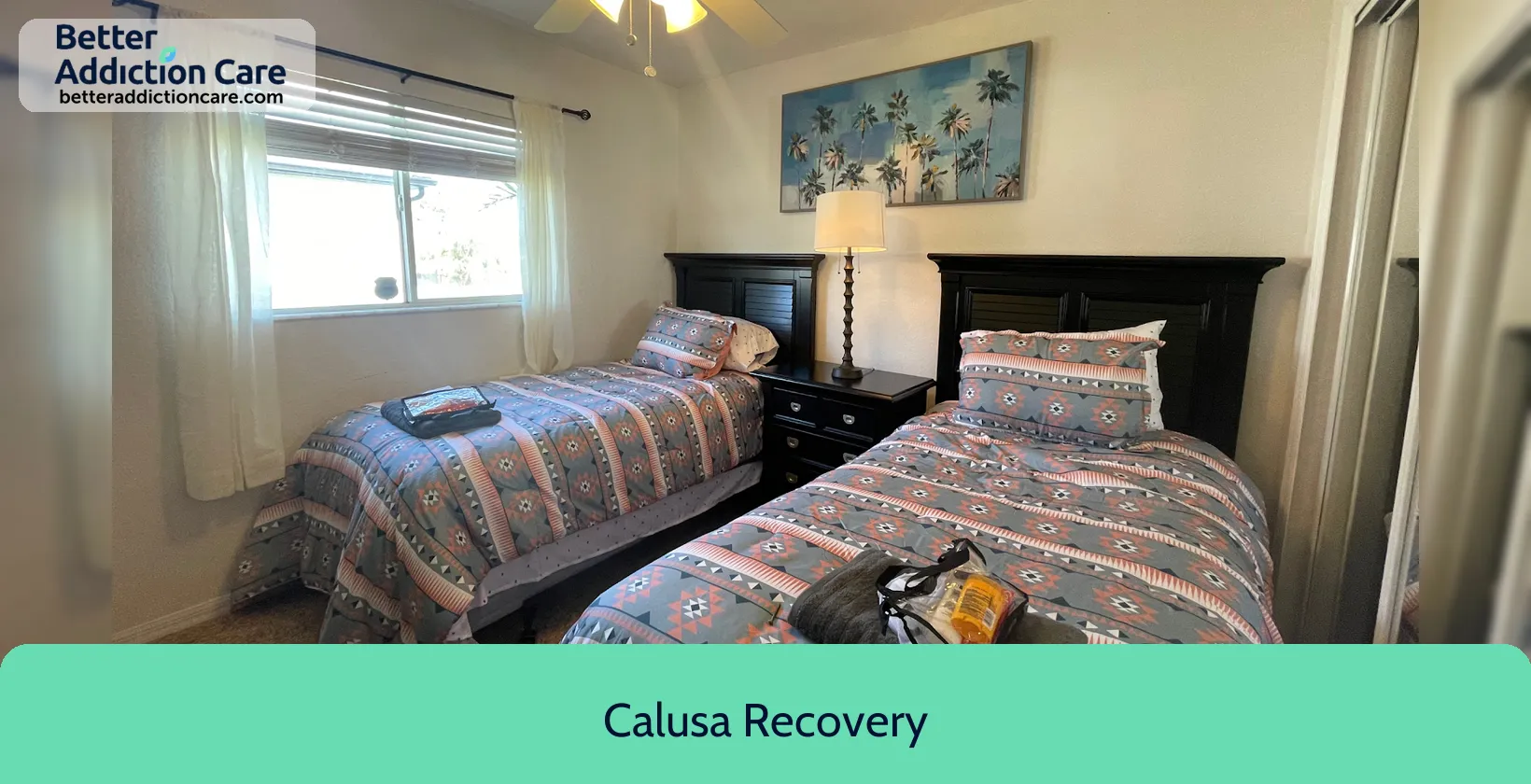
6.89
DISCLAIMER: The facility name, logo and brand are the property and registered trademarks of Calusa Recovery, and are being used for identification and informational purposes only. Use of these names, logos and brands shall not imply endorsement. BetterAddictionCare.com is not affiliated with or sponsored by Calusa Recovery.
